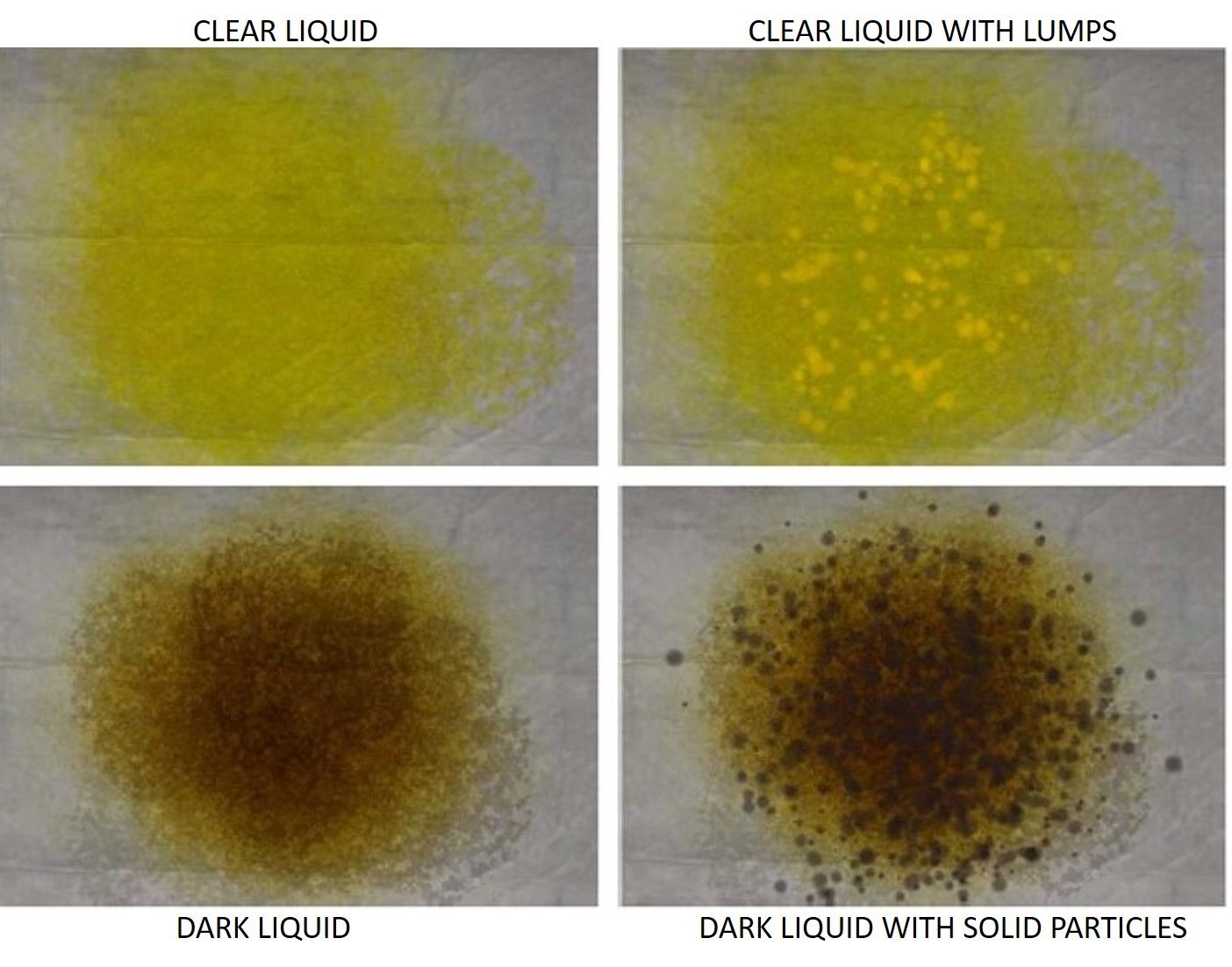Patients’ perception of their bowel cleansing quality may guide rescue cleansing strategies before colonoscopy. The main aim of this study was to train and validate a convolutional neural network (CNN) for classifying rectal effluent during bowel preparation intake as “adequate” or “inadequate” cleansing before colonoscopy.
Patients and methodsPatients referred for outpatient colonoscopy were asked to provide images of their rectal effluent during the bowel preparation process. The images were categorized as adequate or inadequate cleansing based on a predefined 4-picture quality scale. A total of 1203 images were collected from 660 patients. The initial dataset (799 images), was split into a training set (80%) and a validation set (20%). The second dataset (404 images) was used to develop a second test of the CNN accuracy. Afterward, CNN prediction was prospectively compared with the Boston Bowel Preparation Scale (BBPS) in 200 additional patients who provided a picture of their last rectal effluent.
ResultsOn the initial dataset, a global accuracy of 97.49%, a sensitivity of 98.17% and a specificity of 96.66% were obtained using the CNN model. On the second dataset, an accuracy of 95%, a sensitivity of 99.60% and a specificity of 87.41% were obtained. The results from the CNN model were significantly associated with those from the BBPS (P<0.001), and 77.78% of the patients with poor bowel preparation were correctly classified.
ConclusionThe designed CNN is capable of classifying “adequate cleansing” and “inadequate cleansing” images with high accuracy.
La percepción de los pacientes sobre la calidad de su limpieza intestinal puede guiar las estrategias de limpieza de rescate antes de una colonoscopia. El objetivo principal de este estudio fue entrenar y validar una red neuronal convolucional (CNN) para clasificar el efluente rectal durante la preparación intestinal como «adecuado» o «inadecuado».
Pacientes y métodosPacientes no seleccionados proporcionaron imágenes del efluente rectal durante el proceso de preparación intestinal. Las imágenes fueron categorizadas como una limpieza adecuada o inadecuada según una escala de calidad de 4 imágenes predefinida. Se recopilaron un total de 1.203 imágenes de 660 pacientes. El conjunto de datos inicial (799 imágenes) se dividió en un conjunto de entrenamiento (80%) y un conjunto de validación (20%). Un segundo conjunto de datos (404 imágenes) se utilizó para evaluar la precisión de la CNN. Posteriormente, la predicción de la CNN se comparó prospectivamente con la escala de preparación colónica de Boston (BBPS) en 200 pacientes que proporcionaron una imagen de su último efluente rectal.
ResultadosEn el conjunto de datos inicial, la precisión global fue del 97,49%, la sensibilidad del 98,17% y la especificidad del 96,66%. En el segundo conjunto de datos, se obtuvo una precisión del 95%, una sensibilidad del 99,60% y una especificidad del 87,41%. Los resultados del modelo de CNN se asociaron significativamente con la escala de preparación colónica de Boston (p<0,001), y el 77,78% de los pacientes con una preparación intestinal deficiente fueron clasificados correctamente.
ConclusiónLa CNN diseñada es capaz de clasificar imágenes de «limpieza adecuada» y «limpieza inadecuada» con alta precisión.














